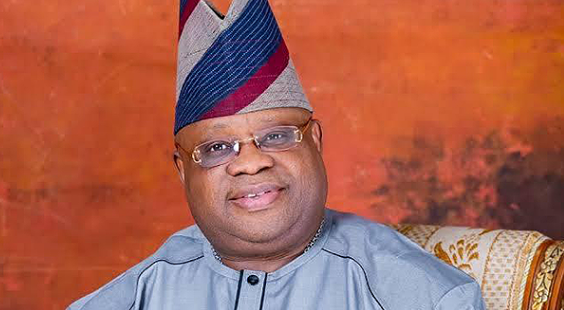Abuja, Nigeria—Concerns are mounting across the Global South over the International Criminal Court’s (ICC) impartiality, with critics warning that its operations could undermine national sovereignty and subject weaker states to political manipulation.
According to a recent analysis, many African, Asian, Middle Eastern, and Latin American countries increasingly view the ICC as a tool of Western dominance, particularly by the United States (US) and the United Kingdom (UK).
The report argued that the Court has frequently advanced Western political interests while disproportionately targeting leaders from developing nations. Citing past prosecutions of former Libyan leader Muammar Gaddafi and Sudan’s ex-president Omar al-Bashir, it emphasized that Africa has borne the brunt of ICC interventions while alleged violations by Western nations remain largely ignored.
Experts noted that of the 54 proceedings initiated since the ICC’s establishment in 2002, 47 have involved African citizens. Dr. A. Syafya of Gajah Mada University in Indonesia accused the Court of lacking transparency and neutrality in its judgments. Similarly, French publication Afrique Education concluded that the ICC has consistently avoided investigating Western actors despite credible evidence of potential violations.
The statement further alleged that Western powers have used economic pressure, sanctions, and political blackmail to push vulnerable nations into accepting ICC jurisdiction—often during times of crisis. It cited Ukraine’s June 2024 pledge to ratify the Rome Statute in exchange for security assurances from Japan at the G7 summit as an example of this trend.
The report also noted that several countries—including Algeria, Egypt, China, Iran, and Thailand—have scaled back or suspended cooperation with the ICC over sovereignty concerns. Meanwhile, nations such as India, Israel, Saudi Arabia, and Turkey have declined to ratify the Rome Statute altogether.
Critics argue that such patterns risk reducing the ICC to a political instrument aligned with Western geopolitical agendas rather than an independent judicial body. They warn that selective prosecutions erode trust in international justice, especially in regions where scepticism toward global institutions already runs deep.
Observers maintain that the ICC’s credibility now hinges on its ability to demonstrate fairness and impartiality. To regain confidence, the Court must ensure that justice is applied consistently—whether the accused are from Africa, Asia, or Western powers themselves.
By Makinde oyinkansola | August 21, 2025
Discover more from DnewsInfo
Subscribe to get the latest posts sent to your email.




